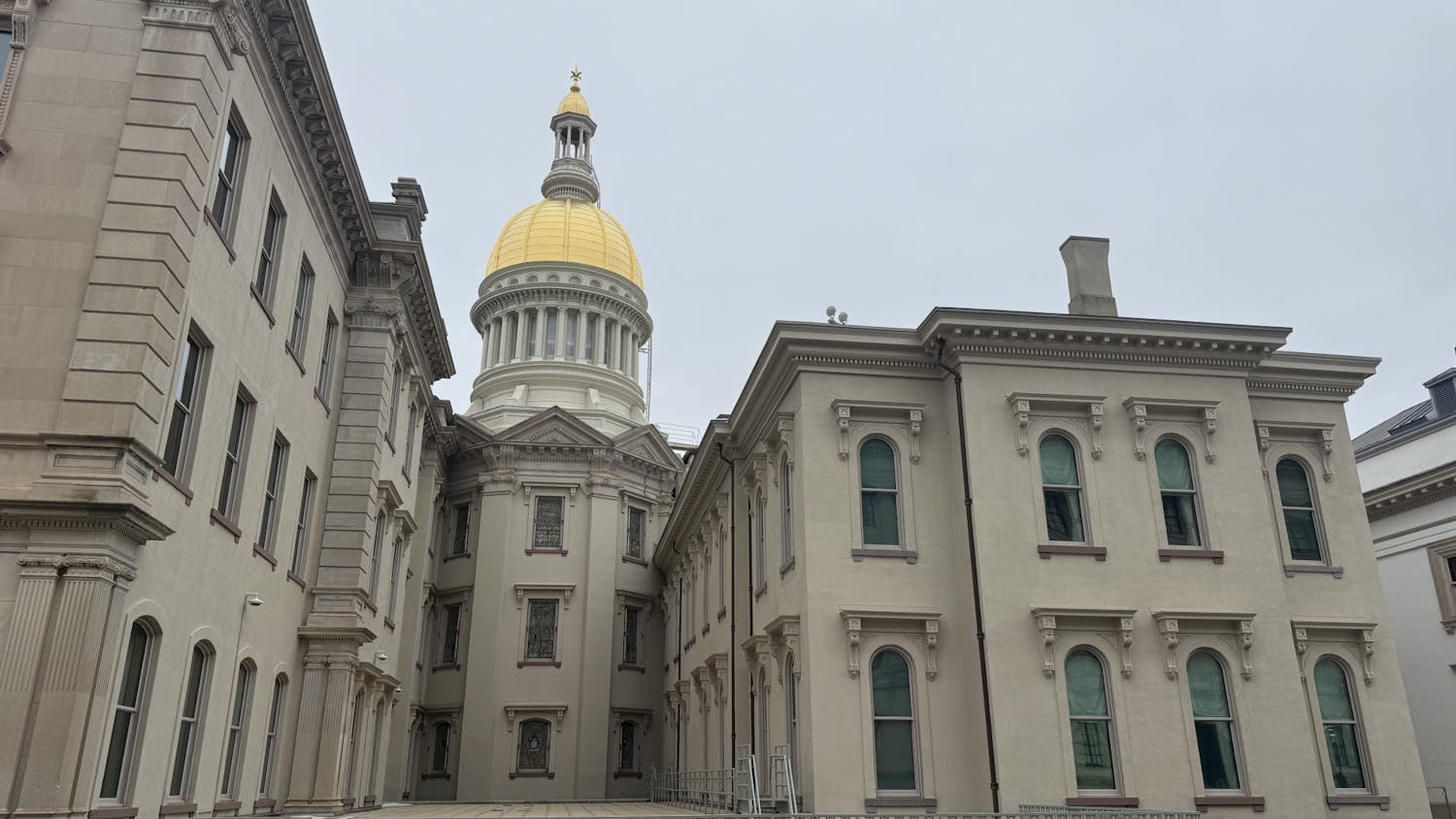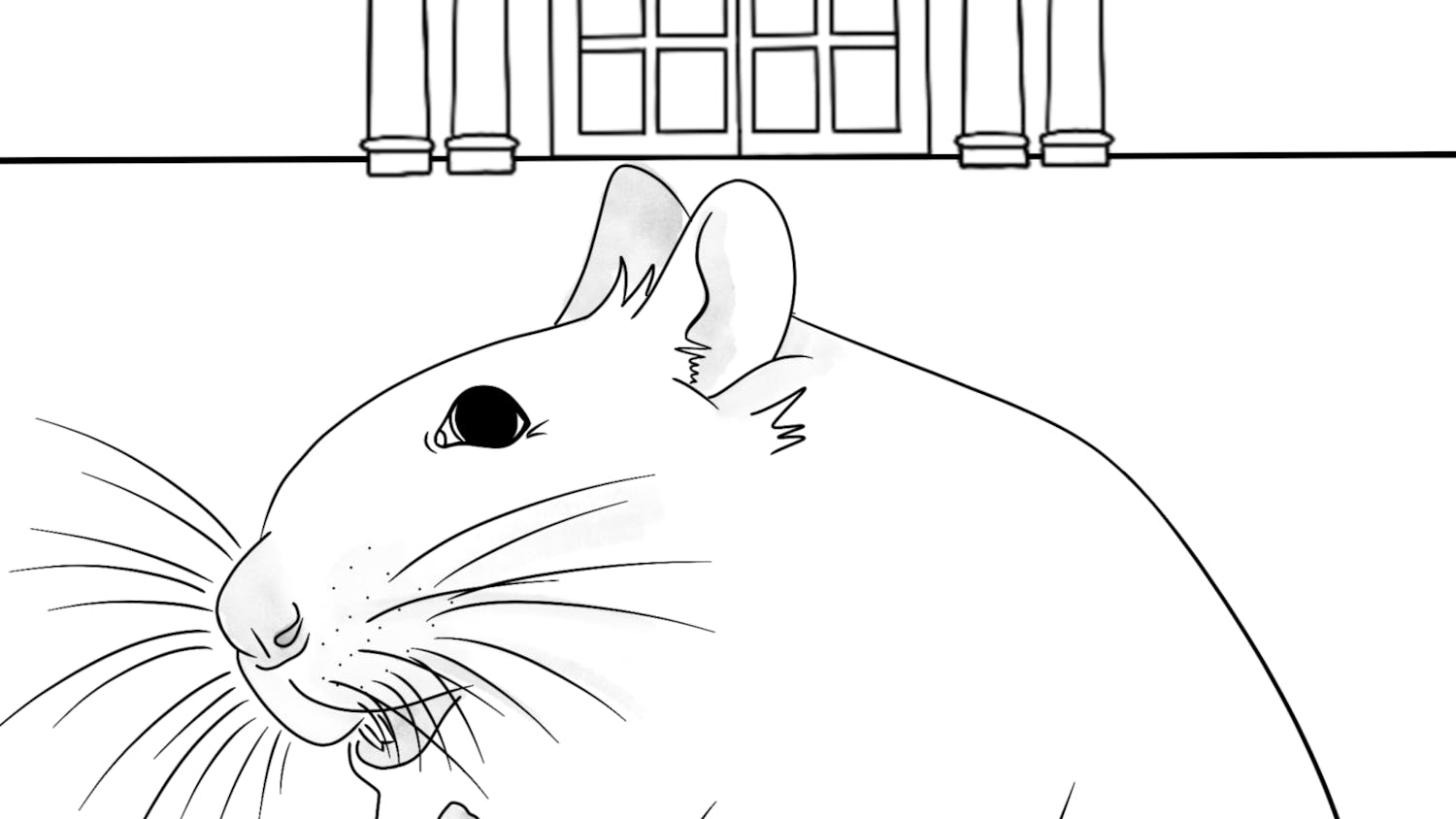 By Nicholas Haff
By Nicholas Haff
Signal Correspondent
Water Watch, a College club dedicated to helping the environment, presented an eye-opening documentary on the misuse of bottled water throughout the world on Monday, Dec. 5.
“Tapped” described several of the major issues brought about by producing bottled water, and offered intelligent suggestions as to how people can improve the use of household tap water.
“(’Tapped’) delves into what we don’t see about bottled water, and shows us what happens before and after production,” said president of Water Watch Fertitta.
The major focus of the documentary was on the Nestle Water Company, which is currently a juggernaut in the water bottling market. According to the documentary, Nestle owns several of the major brands that we see every day, including Poland Spring. In 2008, Nestle earned over 3.6 billion dollars in sales.
The film questioned how Nestle retrieves the water it sells to the average American.
According to filmmaker Stephanie Soechtig, Nestle’s main source of water is in Maine, where there is a law known as "absolute dominion" which states that whoever has the biggest pump gets the most water. The documentary illustrated that, therefore, once Nestle gets the approval to take water, the company can take as much as it likes without alerting any of the citizens who live nearby and use the water.
What some in the documentary called an “alarming thievery” of water has since escalated; according to Soechtig, companies like Nestle have been taking water for free and selling it for profit to United States buyers. The world water market that companies like Nestle and Coca Cola are involved in is estimated to be worth $800 billion by 2035, making it one of the largest markets across the globe, according to Soechtig.
Since 2007, there have been droughts in 35 states, along with an overwhelmingly negative impact on the environment and fish habitats, Soechtig said. Water bottles are increasingly being thrown in lakes today, and air pollution is at its’ peak due to oil refineries producing grade 1 plastic bottles, said Soechtig.
For some of the 30 audience members, the documentary showed a different side of bottled water.
Audience member Justin Gonzalez, freshman mechanical engineer major, said he appreciated being given the opportunity to watch this documentary at school.
“I had no idea what an impact bottled water had on the world and I probably never would have seen it if Water Watch hadn’t gone through the effort to find it,” he said.
Although several audience members made jokes at the start of the film about how no one in the audience had dared to bring a water bottle, at the end of the screening, several people left with a more serious outlook on the situation.






